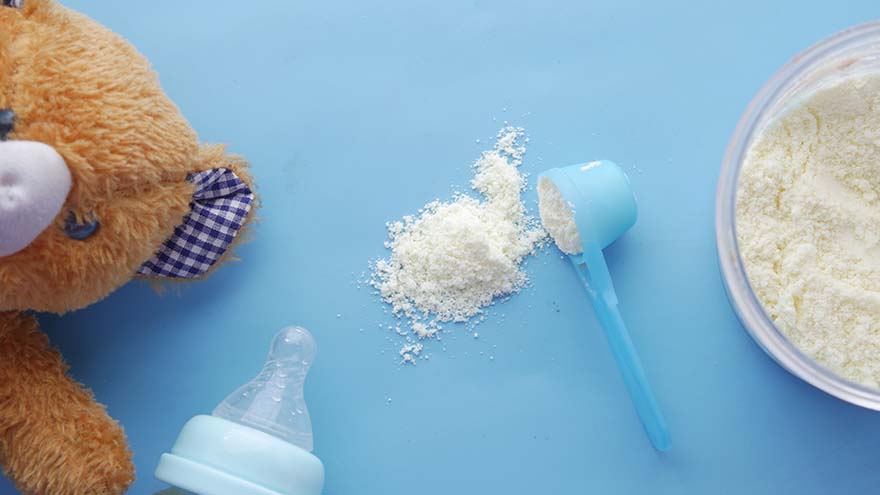Buscar
-
Lyme Disease: 3 Things You Should Know
Approximately 476,000 Americans are diagnosed and treated for Lyme disease every year. Lyme disease is an infection that is transmitted to humans through the bite of infected black-legged or “deer” tick. It’s the most common and fastest-growing vector-borne disease in the United States. This bacterial infection, if left untreated, can cause serious pain, fatigue and other crippling symptoms. Keeping an eye out for early signs of Lyme disease, implementing prevention techniques and understanding testing and treatment options can go a long way in maintaining your health. We consulted with Peter O’Reilly, PA-C at Renown Medical Group – South Carson to learn more. 1. Recognizing the Signs of Lyme Disease Lyme disease is extremely easy to misdiagnose, given that most of its early signs and symptoms mimic those of other conditions, such as COVID-19. Common Lyme Disease symptoms include: Fever Chills Joint or muscle pain Swollen glands Extreme fatigue Headache The primary initial symptom that occurs in about 80 percent of Lyme disease cases is a “bulls-eye” rash that spreads around the site of the tick bite – called “erythema migrans.” Tick bites can be hard to find and not everyone gets the classic bullseye rash, making Lyme disease difficult to self-diagnose. O’Reilly suggests talking to either your primary care doctor or infection doctor as soon as possible if you’re concerned about Lyme disease.
-
How to Navigate the Baby Formula Shortage
With the ongoing baby formula shortage in the United States, many parents are questioning how they can safely feed their babies and keep them healthy. Pediatrician Karen Wagner, APRN with Renown Medical Group answers some questions on what to do (and not to do) during this challenging time. What if I cannot find my baby’s formula in any stores or online retailers? If you run out of the formula you give your baby and are unable to find it through any trusted retailers, you should start by calling your baby’s pediatrician for recommendations on other safe feeding alternatives. Many pediatricians are advising that, as long as your baby has no special diet or medical needs, they can be switched to a different kind of FDA approved baby formula, if it’s purchased from a well-recognized distributor and not through an auction site or an individual you don’t know. It’s also important to make sure the formula is not expired, as it may no longer be safe or have the correct levels of nutrients. Can I make my own baby formula? Or can I dilute the formula I have? No, it is very dangerous to attempt making your own formula, as it can lead to infection and will not have the right amount of nutrients your baby needs to develop and grow. It’s also unsafe to dilute your formula supply, as doing so will cause a lack of nutrients which can lead to your baby having severe health issues down the road.

